Examples with the verb “to be” in Portuguese Posted by carol on Feb 18, 2017 in Brazilian Profile, Grammar, Learning, Uncategorized, Vocabulary
Exemplos de situações de uso do verbo “ser” em português
Olá, gente. Hey, everyone.
“Ser” is one of the main Portuguese verbs, used in many contexts due to its versatility. Its meaning is similar to the verb “to be,” but in general it is used only for permanent conditions and characteristics of people or things. To express transitional states, we use the verb “estar” (the difference between these two verbs can be checked here: https://blogs.transparent.com/portuguese/estar-vs-ser/ )
Here are some uses for the verb:
- To express the characteristics or qualities of the subject:
- A jabuticaba é uma fruta brasileira (The jabuticaba is a Brazilian fruit)
- Ela é deliciosa (It is delicious)
- To correspond to a certain position or function:
- Natália é jornalista (Natália is a journalist)
- Carolina é redatora de um blog sobre português (Carolina is a writer of a blog about Portuguese)
- Indicate value or cost:
- Passagens aéreas para o Brasil não são muito baratas (Plane tickets to Brazil are not very cheap) *note that this is the plural form
- A visita ao Cristo Redentor é 74 reais em alta temporada (The visit to Cristo Redentor is 74 reais in high season)
- To emphasize a statement:
- Meu marido é que começou a estudar português primeiro (My husband is the one who started studying Portuguese first)
- Hoje em dia eu é que falo melhor a língua (Nowadays I am the one who speaks the language better.
- To happen because of something:
- Se não fosse pelo incentivo do meu marido, eu não falaria português (If it were not for the encouragement of my husband, I would not speak Portuguese)
- Se fosse pela vontade dele, nós moraríamos no Brasil (If it were his will, we would live in Brazil)
- To indicate a moment, day, season, season:
- Eu adoraria estar na praia agora porque é verão (I’d love to be at the beach now because it is summer)
- Mas já são 18h e eu ainda nem terminei de escrever o texto (But it is already 6 p.m. and I still haven’t finished writing the text)
- To have as origin:
- A língua portuguesa é falada em muitos países, mas originalmente é de Portugal (The Portuguese language is spoken in many countries, but it is originally from Portugal.)
- Muitos colonizadores desses países eram de Portugal (Many colonizers of these countries were from Portugal)
- To have the same meaning or importance:
- Viajar é ampliar horizontes (Traveling is to broaden horizons)
- Aprender uma nova língua é exercitar o cérebro (Learning a new language is to exercise the brain)
- To belong to something or someone:
- O carro em que viajamos pelo Brasil era meu (The car we traveled around Brazil in was mine)
- A casa em que ficamos hospedadas em Belo Horizonte é da minha tia (The house where we stayed in Belo Horizonte is my aunt’s)
- To defend an idea or prefer something:
- Eu sou pelo açaí em vez do refrigerante, pois é uma bebida regional (I am for açaí instead of soda because it is a regional drink)
- Eu sou por conhecer o máximo de cidades possível, mas ele é por passar vários dias no mesmo lugar (I about knowing as many cities as possible, but he is about spending several days in the same place)
- To highlight something that has already been said:
- O post do mês passado sobre o uso do “né” é muito útil, não é? (Last month’s post about using “né” is very useful, isn’t ?)
- Sim! Ele foi muito importante para aprender a falar de maneira um pouco mais informal, não foi? (Yes! It was very important to learn how to speak in a slightly more informal way, was it not?)
“É”, “fosse”, “são”, “eram”, “era”, “sou”, “foi” (is, was, are, were, am) ….Did you see how there are different ways of conjugating the verb ser (to be)? Learning how to use this verb correctly can be difficult sometimes, because besides being irregular, it is an anomalous verb. That is, it presents different radicals in conjugation. To begin with, what about starting to learn the conjugation in the present indicative?
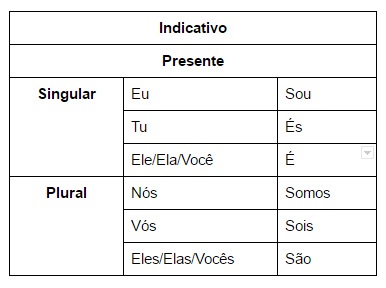
That’s enough of grammar for now! How about we let the memes speak for us?
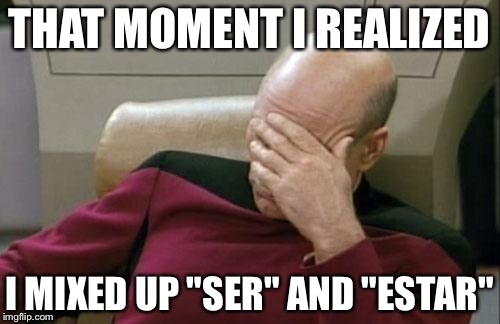
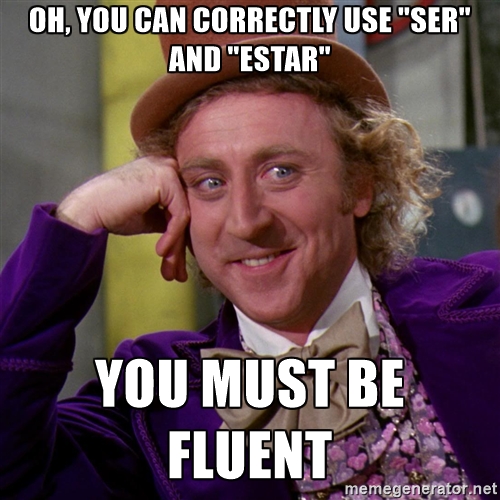
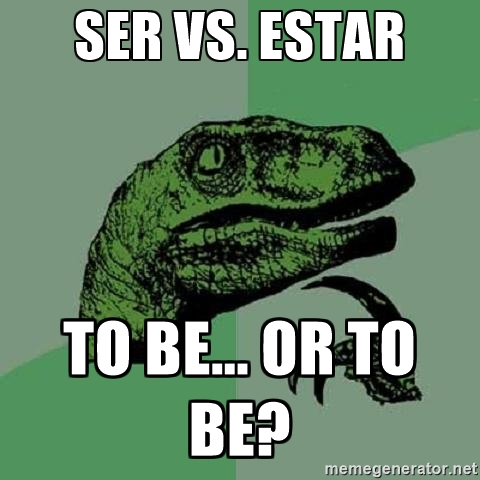
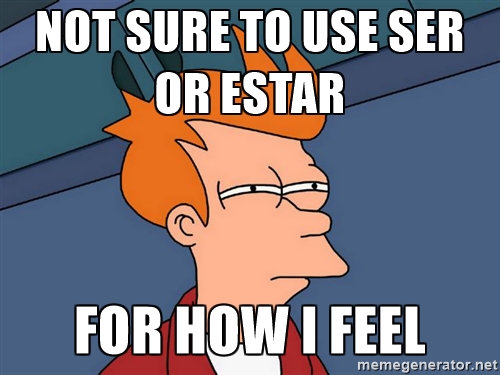

Build vocabulary, practice pronunciation, and more with Transparent Language Online. Available anytime, anywhere, on any device.



